
Lithium and the maincharacteristics
Lithium is a medication that is most frequently prescribed in the treatment of bipolar disorder. It cannot cure this condition, but it can successfully keep the symptoms under control, and even though its mechanism of action is not really clear and understood, it is known that lithium affects certain chemicals in the brain. Still, in order to give the best possible results, it is necessary to take it exactly as the doctor has prescribed it, which means that the person needs to take it at regular intervals, without missing the dosage, in order to keep its level in the blood even. It is also recommended to take in a lot of water and fluids, because dehydration may increase the risks of lithium toxicity.
Symptoms of lithium toxicity
Lithium toxicity is a possible contraindication of this medication, but it refers to the people who use it for the treatment of bipolar disorder, since in their cases, the necessary dosage is very close to the dosage that is considered to be toxic. For other medication, the effective dosage is usually much lower than the dosage that is considered toxic, which is why very frequently blood tests are done so that the level of lithium in the blood would be monitored regularly and the dosage would be adjusted timely. However, it should be mentioned that some people might experience the symptoms of toxicity even if the levels do not exceed the recommended. Still,if the person begins to feel trembling of hands or legs, twitching of muscles, blurred vision, dizziness, and irregular heart beat, it is necessary to see the doctor, or even go the hospital emergency.
Other signs that may also indicate lithium toxicity include difficulty speaking or slurred speech, severe diarrhea or vomiting, difficulty walking, swelling in legs and feet, and problems with coordination. None of these symptoms should be ignored because the consequences of something like that may be fatal. Until the doctor is seen, it is highly recommended to drink lots of water, and no more lithium should betaken.
The treatment that the patient experiencing this problem will have to undergo consists of managing the blood pressure and making sure that the kidneys function properly, because the levels of salt are affected. Some cases will require dialysis, while it is not rare that pumping the stomach is necessary. After the patient’s condition has been stabilized, the dosage will have to beadjusted.








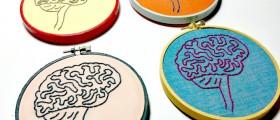
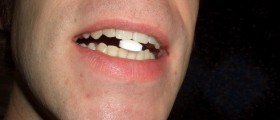
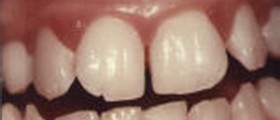


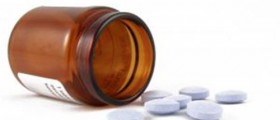

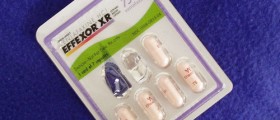
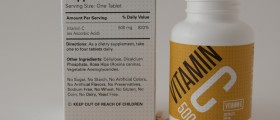
Your thoughts on this
Loading...